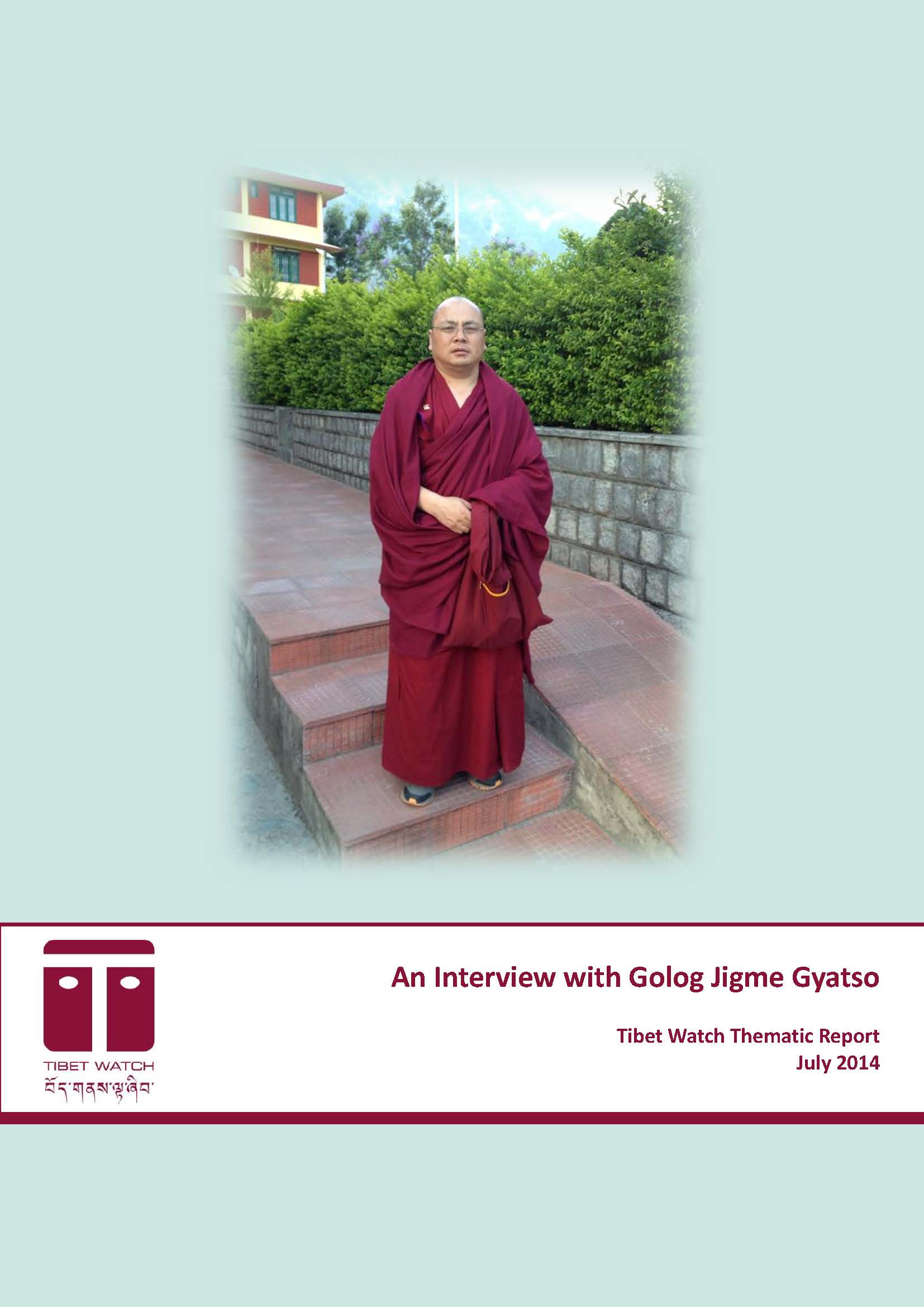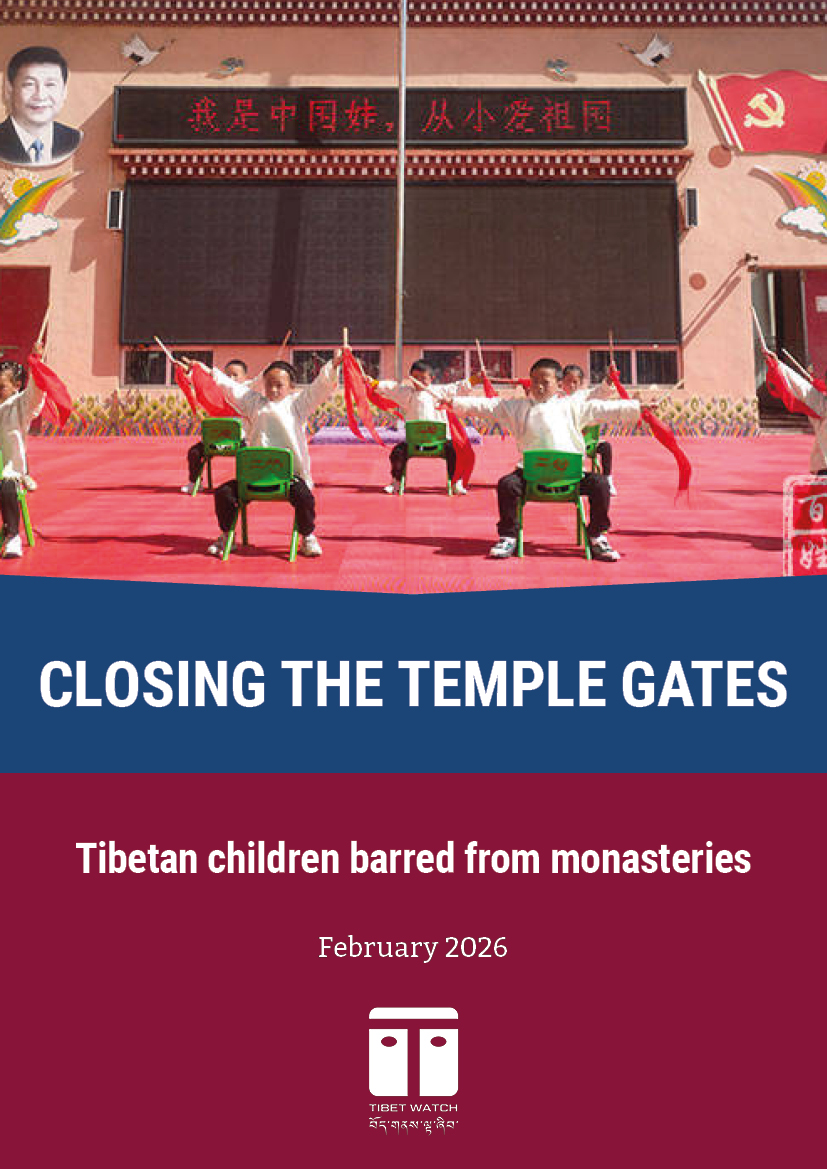
Introduction
Tibetan monk and human rights activist Golog Jigme is now an exile. A perilous 20-month journey across the Tibetan plateau and the Himalayan mountains brought him to safety in May 2014. He had endured six years of constant surveillance by the Chinese state, been imprisoned three times and experienced torture so brutal it almost killed him.
His crime? Making a 25 minute documentary film about the Chinese treatment of the Tibetan people at a time when the eyes of the world were focused on the 2008 Beijing Olympics – the same Olympics the Chinese had been awarded on the premise that it would improve the human rights situation in the country.
A man of great courage and passion for Tibet, Golog Jigme had previously been involved in many causes, including Tibetan language, environment, protection of wild animals and helping the victims of disasters. In April 2010 he joined the relief team when a devastating earthquake hit Jyekundo (Ch: Yushu) County in eastern Tibet. He is recognised by the International Tibet Network as a ‘Tibetan Hero’ and also listed by Reporters Without Borders as one of their ‘100 Information Heroes’.
In 2007 Golog Jigme and his fellow film-maker, Dhondup Wangchen, took the brave decision to use the increased interest in human rights in China that the Olympics had generated to make a film. The 25 minute documentary – entitled Leaving Fear Behind – was based on 35 hours of interview footage of 108 ordinary Tibetans talking about their lives and their country. The film documented their suffering and oppression but also their hopes and desires. The aim was simply to show the world something that Chinese censorship has always kept hidden – the real thoughts and feelings of Tibetans in Tibet.
The pair were to pay a high price for producing the film. Leaving Fear Behind was first shown in Beijing on 6 August 2008, two days before the start of the Olympics. Dhondup Wangchen and Golog Jigme had already been detained in March 2008, just days after the film footage had been smuggled out of the country. On 28 December 2009, Dhondup Wangchen was sentenced to six years in prison for “subversion of state power”. He remained in prison until 5 June 2014, when he was finally released.
Golog Jigme was initially arrested on 23 March 2008. For assisting in the making of a film about the views of his fellow Tibetans, his most basic human rights were violated. Over the next few years he was to suffer the denial of his freedom of speech, be held incommunicado and without trial or charge and be severely tortured over a prolonged period. He was denied medical treatment and held in conditions that amounted to cruel, inhuman and degrading treatment.
Despite everything he has been through, Golog Jigme is known as someone who doesn’t normally like to talk about his own suffering:
“In fact, he would always worry about his friends’ safety and well-being, he would never talk much about his own sufferings. He has an optimistic personality, his voice is bright and clear, his round face is always smiling. Meeting him doesn’t actually reveal who he really is, it is impossible to imagine that this courageous person was tortured and nearly died.”
Tibet Watch is very grateful to Golog Jigme for sharing his experiences with us. This is his story of the appalling treatment he suffered at the hands of the Chinese government.


